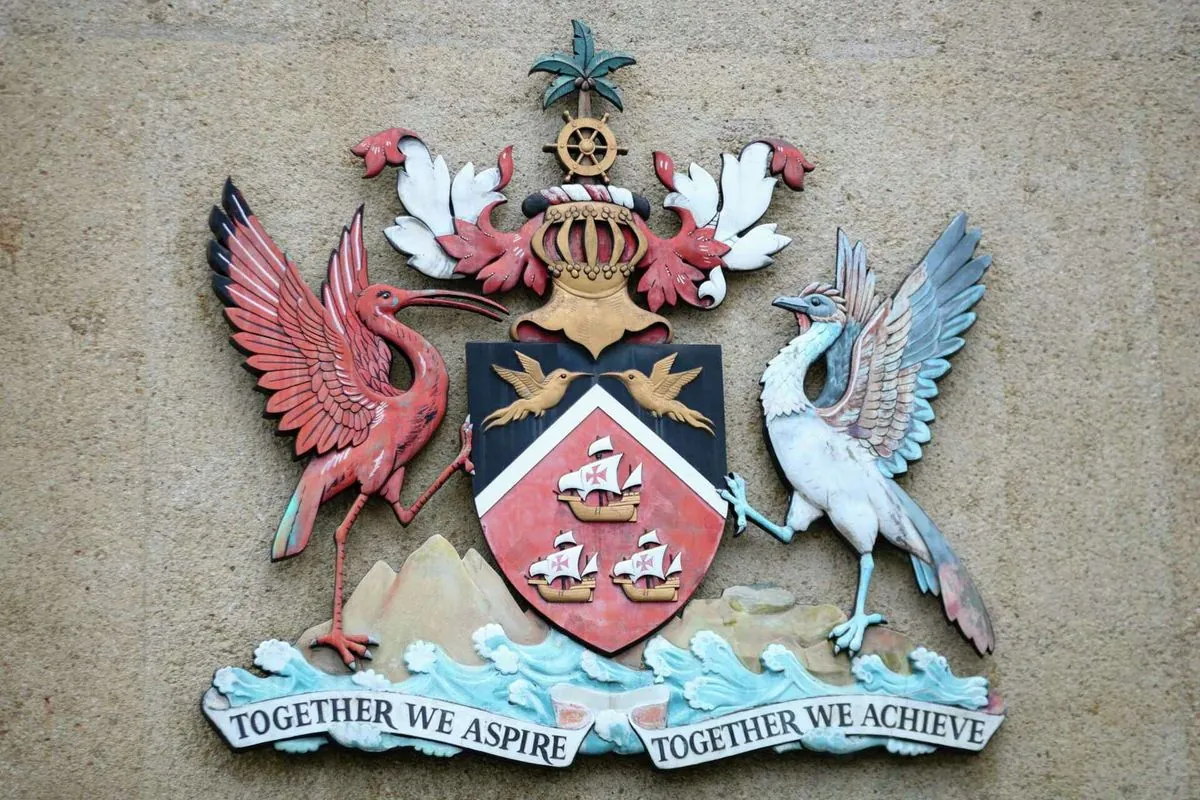Caribbean Nations Move to Erase Colonial Legacy from National Symbols
Caribbean governments are removing Christopher Columbus's ships from their coats of arms, challenging colonial imagery. This move is part of a broader push for reparations and reassessment of historical narratives.

In a significant move to address their colonial past, several Caribbean nations are taking steps to remove symbols associated with Christopher Columbus from their national emblems. This initiative is part of a broader effort to confront historical injustices and seek reparations from former colonial powers.
Trinidad and Tobago has announced the removal of Columbus's three ships—the Santa Maria, Pinta, and Niña—from its coat of arms. This decision has sparked similar discussions in other Caribbean countries, including Grenada and the Bahamas, where the Santa Maria is featured in their national heraldry.
Arley Gill, head of Grenada's National Reparations Commission, emphasized the importance of this symbolic change:
"a dagger through the heart of colonialism"
Gill explained that this action is part of a larger initiative to "liberate" Caribbean people from colonial legacies that persist in various aspects of society, including schools, churches, and street names.

The reassessment of national symbols comes amid a growing campaign for reparations from former European colonial powers. Grenada, which gained independence from Britain 50 years ago, has recently requested that the Bank of England enter discussions regarding compensation for the exploitation of slave labor on the island.
This movement reflects a changing perspective on Columbus's role in history. While once celebrated as a discoverer, Columbus is now increasingly viewed as a brutal colonizer whose expeditions led to the decimation of indigenous populations. The Taíno and Carib peoples, who inhabited these islands before European arrival, were nearly wiped out due to disease, warfare, and enslavement brought by colonization.
The Caribbean Community (Caricom) is playing a crucial role in coordinating reparations efforts. The organization is currently revising its 10-point plan for reparations, which focuses on addressing the impact of colonization on indigenous peoples and their descendants.
As Caribbean nations continue to grapple with their colonial past, the removal of Columbus's ships from national emblems represents a symbolic step towards reclaiming their historical narrative and asserting their independence from colonial legacies.


































